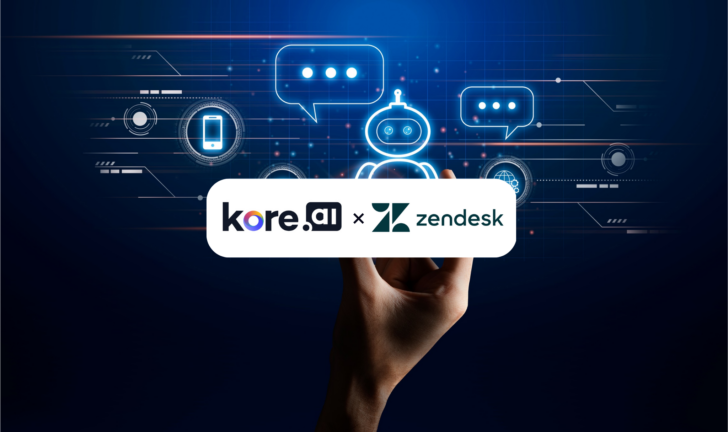A new report delves into the evolving role of AI in education, revealing significant adoption rates and diverse impacts on students and teachers alike. According to the findings, 82% of college students have used AI technologies, compared to 58% of high school students, with students now nearly on par with teachers in AI adoption (67% vs. 66%).
"College students are adopting AI at a rapid pace, illustrating that this technology isn't a trend but rather a profound shift in how they learn and engage with curriculum. Students want to use AI responsibly, and guidance from educators and administrators, along with the edtech companies building these solutions, can help them," said Meghann Lomas, Sr. Director of Product at Quizlet.

- Broad AI Adoption: Two-thirds of high school and college teachers are leveraging AI for educational purposes. Students primarily use AI for research (46%), summarizing information (38%), and generating study materials (31%).
- Positive Impact on Efficiency: Students who study for three or more hours per night report that AI technologies significantly enhance their efficiency (62%), learning support (60%), and creativity (53%).
- Equity in Education: Students are more optimistic about AI creating a more equitable education system (41% vs. 33% of teachers).
Higher education leading the way
This academic year marks the first full integration of generative AI solutions in schools, with higher education institutions leading the charge. More than four out of five higher education students have used AI technologies, compared to just 58% of high school students. College students also report a higher prevalence of institutional AI guidelines (41% vs. 18%).
AI's positive impact on learning
High school teachers report that AI boosts student confidence (58%), while college professors note faster learning of new concepts (49%). Despite greater AI adoption in higher education, teachers remain cautiously optimistic about its overall impact.
Tempered expectations for AI in education
Teachers are more measured in their expectations of AI’s potential impact this year. While AI has supported student effectiveness and personalized learning, it hasn’t led to the drastic changes some feared. The belief that AI will positively impact education has decreased from 51% to 38% among teachers.
Ongoing challenges and the need for guidelines
A lack of clear guidelines on AI usage remains a significant concern, with only seven states providing official guidance. Most schools have yet to establish codes of conduct for AI, highlighting the need for comprehensive frameworks to ensure responsible and effective AI integration in education.
Speaking of AI in education, some companies have unveiled AI Assistants and AI-driven information discovery solutions aimed at enhancing both staff productivity and student engagement.









